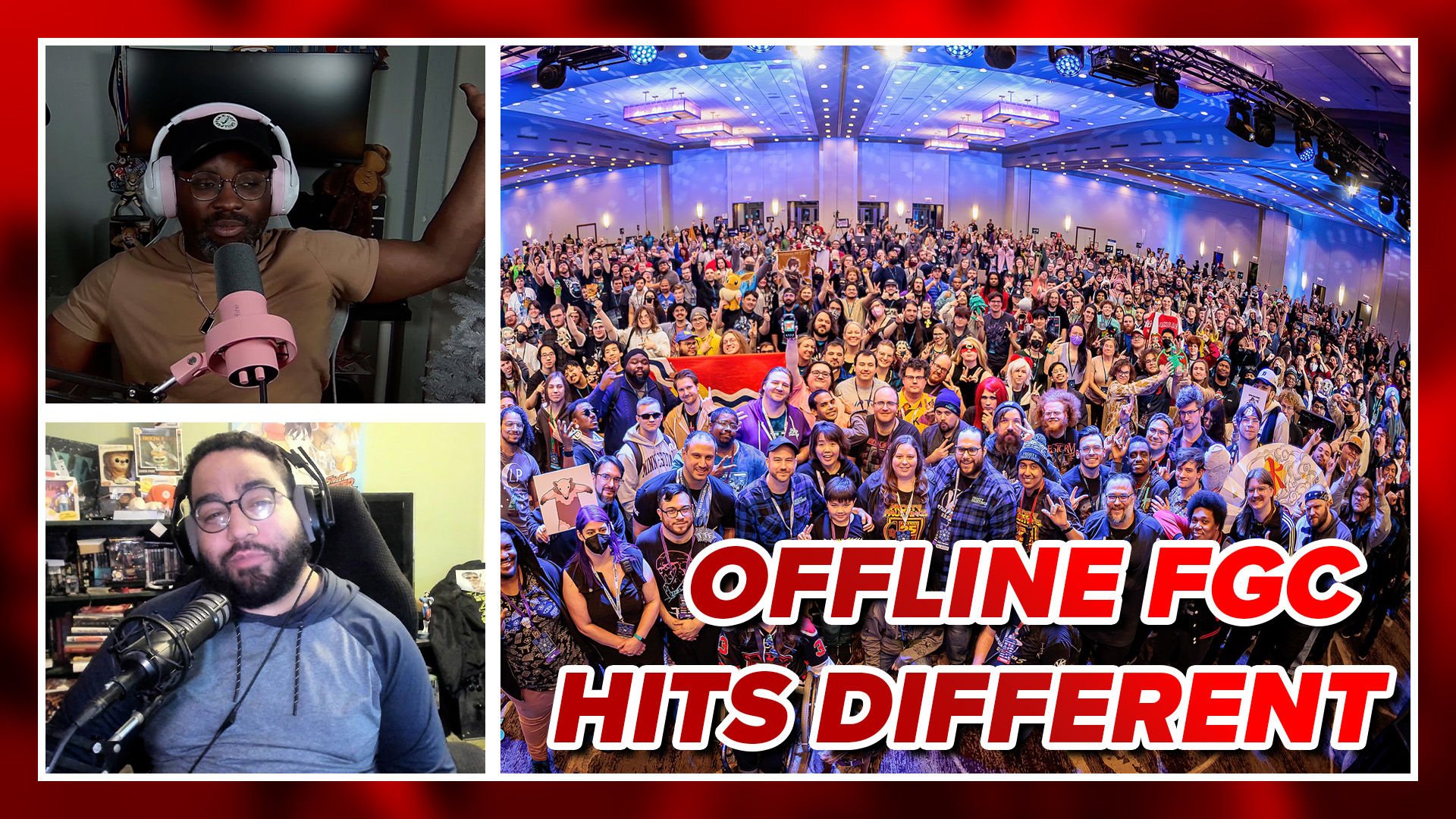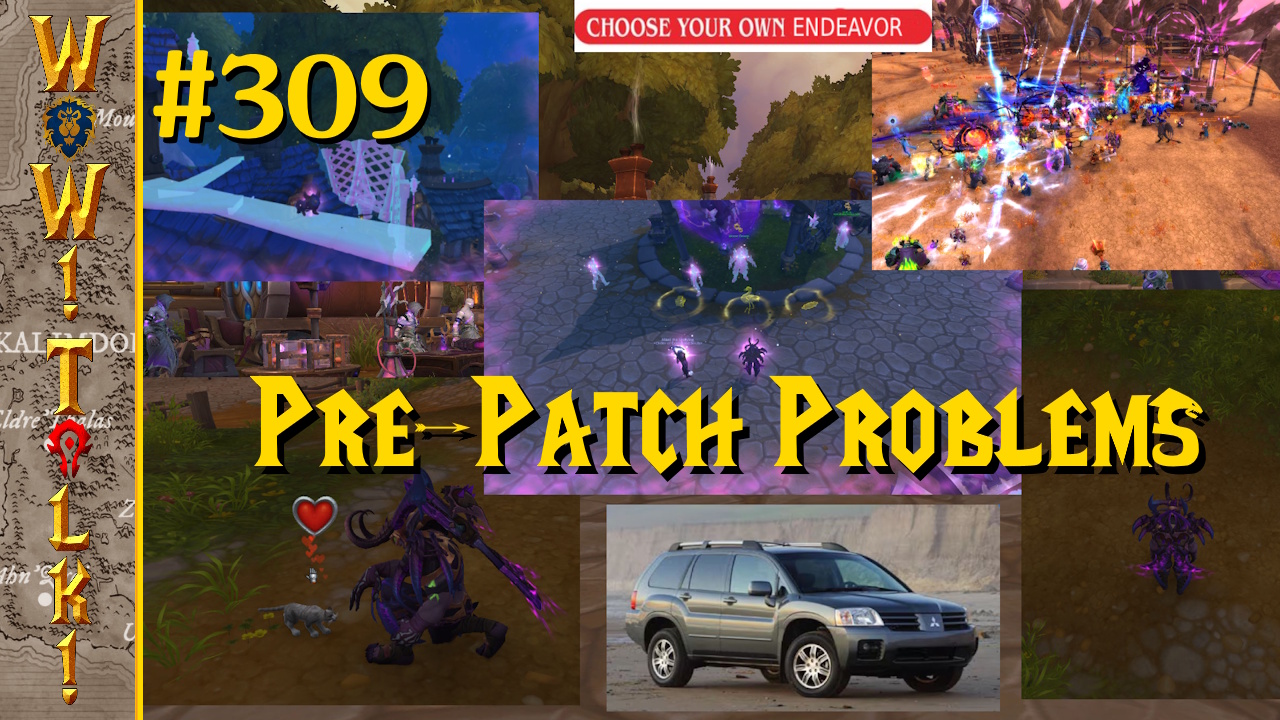
Full Disclosure
As the brother (or in my playthrough’s case, sister) of a tyrannical monarch you take it upon yourself to begin a revolution in order to overthrow him. You gather support from different regions and peoples; you make promises, you unite the people of Albion, and ultimately take over as its ruler. And that’s just part of the story. The full disclosure I refer to is this: I had fun playing Fable III. That said, while fun is all well and good, there is a lot to discuss about Fable III.

The Illusion of Progress
In Fable III, the world finds itself in the midst of the equivalent of the Industrial Age. First and not least amongst the problems is the fact that it’s almost impossible to tell any sort of industrial revolution is occurring, except in one area of the game. The world is supposed to be advancing but instead it’s much the same as it was, at the expense of pushing its people further back and further down. In a twist of irony the game parallels this problem. Fable III is a game that was supposed to advance the series in combat, story, and interaction with other characters in the world. At first glance it seems to do these things, but you’ll quickly realize that arguably everything has taken a step back.

Touch and Go
We’ll start with the “touch” expression; the newest, most highly touted, and most annoying new feature of Fable III. The idea presented by Peter Molyneux was that being able to express yourself in real life goes beyond what you say to other people or even how you act. There are certain situations and certain times where the best way to express yourself is to touch someone else. Holding someone’s hand while you’re walking through the park on a date, picking up a child, pulling someone along to show them something. This type of deep connection to someone close to you being present in the game was the basis for the inclusion of touch; it’s a sound theory on paper. The problem is that there are numerous times in the game where you are forced into holding someone’s hand or leading them along. At best this only serves to make the addition feel cheap and forced and at its worst, glitchy and unnecessary.
The game absolutely cannot fathom keeping contact with someone else on anything but level ground. The slightest hump, stairs, or arched bridge you climb causes whatever NPC you’re interacting with to drop their grasp and lag behind you. Sometimes they’ll run to catch up with you and take your hand again. Sometimes they’ll just stand there, lost in the world until you come back and grab them. Your mileage will vary, but the feature is buggy without exception. Two times in the entire game I felt like the feature being forced upon me was necessary. Once, during an optional quest where I rescued a little girl who had gotten lost in a cave full of monsters, and the second being a sequence with a main character that I can’t fully explain without spoiling part of the story.
The worst part about the inclusion of the touch system is how scaled back the remainder of the expression system is now. Gone is the ability to choose specific actions to suit (or disgust, or scare) the NPC you’re interacting with. Now you’re simply left with a good, bad, and neutral option with randomly cycling actions for each option. It may seem a bit silly to complain over the loss of the ability to decide between a fart and a pelvic thrust, but this is a game about choice; when you start taking away the choices, what’s left?

Might & Magic
Combat is another area of the game where Fable III was supposed to advance beyond its predecessors but ends up spinning its wheels. Using guns is still the same as in Fable 2, but there is no longer an ability to pinpoint shots on an NPC’s body. No more head-shots on Hollow Men or shooting weapons from a mercenary’s hand no matter how much you progress as a marksman. Swordplay is still exactly the same; operating under the use of blocks and flourishes to defeat enemies. Both marksmanship and swordplay have intricate kill animations but they occur randomly; increasing in relative frequency the more skilled you become, but never having a way to willingly initiate the sequences yourself. It is a nice surprise when they do occur, but it is by no stretch a big change to combat.
Magic has taken an interesting turn in Fable III. While it still has an awkward place in combat unless you go full-on Will user, magic now has the unlockable ability to combine two different spells. In some ways the idea is very basic, but a number of the combinations are wonderfully destructive and incredibly useful as a magic user. The caveat is that Force Push is still pretty useless no matter what you combine it with, and once you find a powerhouse combo you’ll have very little reason to switch things up. This is especially true because higher levels of magic expertise allow you to charge up your levels of magic more quickly the further you advance. At the fourth and fifth tier you’ll be able to clear whole rooms of enemies in one or two salvos.
The use of slowing time and summoning minions to fight for you has now been relegated to potions that you can use during combat. The duration and strength of both those potions is still relative to your power as a magic user, however. It’s good to be able to access more forms of magic at once, but the game only gives you the option to access those magic potions at the beginning of combat or when you take damage, making it impossible to tactically use the abilities as you see fit. The move to potions also means that even when you have access, your supplies are finite. This necessitates traveling to shops all over Albion in order to build up a supply if you plan to use them frequently. It also means that if you were mainly a weapon user who used those spells to make your life easier, you’re pretty much out of luck. Considering the addition of combination magic, it would probably have been a better choice to let those spells remain as they were.

Tales of Woe
Fable 2 was a game with a sweeping story of childhood innocence lost, coming of age and becoming a Hero, everything that happens between, and a lot that happens afterward. It had a few faults, but it could have escaped even worse on the merits of its story alone. Similarly, this is the one thing that could have saved the newest Fable, but it falters even here. Fable III never reaches the strings that Fable 2 plucked at so easily, and I didn’t feel the same drive to depose Logan that I felt to make Lucien pay for killing my sister in front of me. This is only made worse by the fact that before the game is half over you’ve replaced Logan and the very real tyrant you’ve seen wreck Albion is replaced by a bland, faceless, (and even worse) motiveless darkness that threatens the world.
The choices not only between good and evil but also between corruption and purity that were present in the second game have been scaled back to a very black and white view of the world. There was something interesting about the possibility of being a good, but also incredibly corrupt character in Fable 2. But now every choice boils down to being evil or being good, with very little moral gray area to be found that is so abundant in the real world. Even the reflection of your decision making doesn’t show very well in your character until the last part of the story unfolds, and once again there are only two possible outcomes for that judgment based on what kind of character you’ve been up to that point.

Final Fate
Fable III is a game that has sacrificed what advancements it built up more than two years ago and done so in vain because there is no discernible reason anything needed to be sacrificed in the first place. The only thing I can truly say improved in the game was the graphics of the environments, and even that is a near thing. I could spend a long time picking apart every little thing wrong in this game, but just the flaws in the main features that were supposed to be improved are enough to know to save your money and just play Fable 2 if you haven’t already. The only possible people I could recommend Fable III to are those who felt Fable 2 was too difficult to get into, but I can’t imagine who that would be. Fable III was little better than average, which is a shame from a game whose last installment was near greatness. Like I said, I had fun with Fable III. Sometimes though, fun just isn’t enough.




